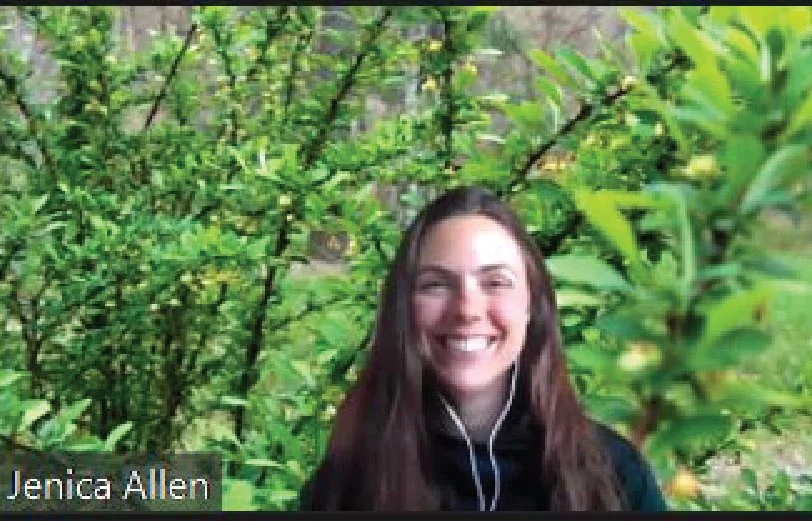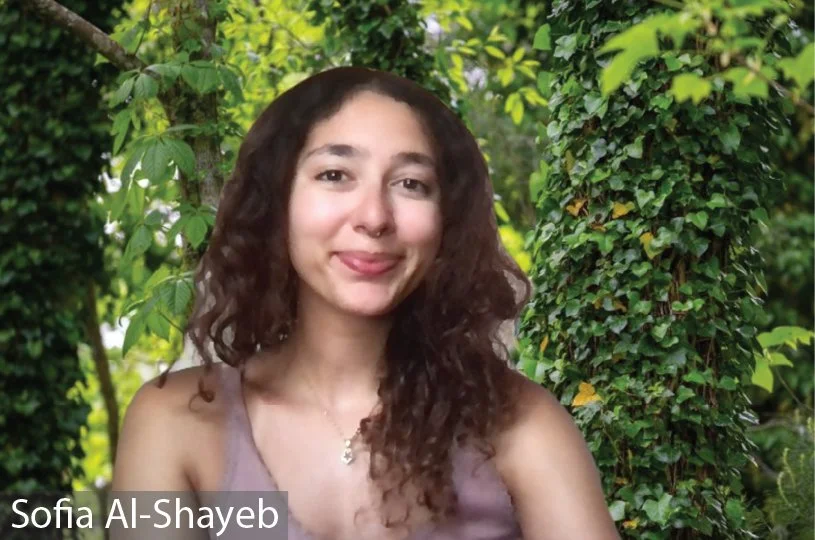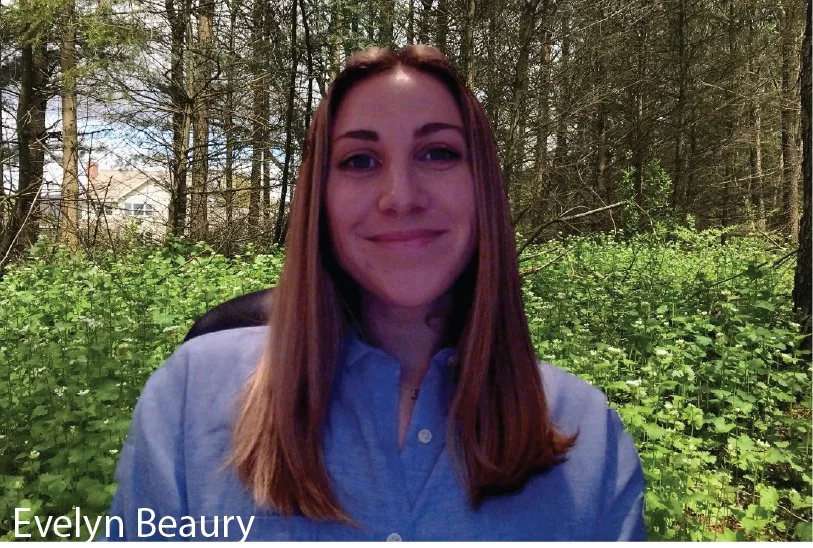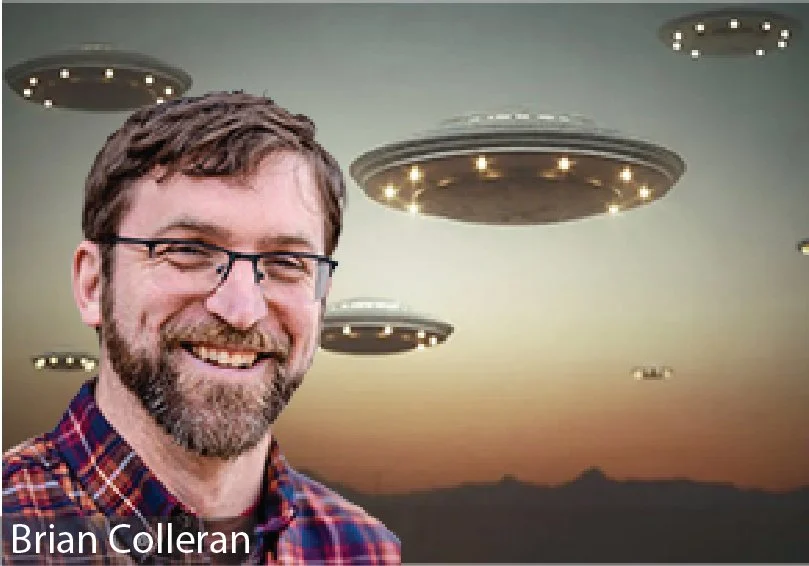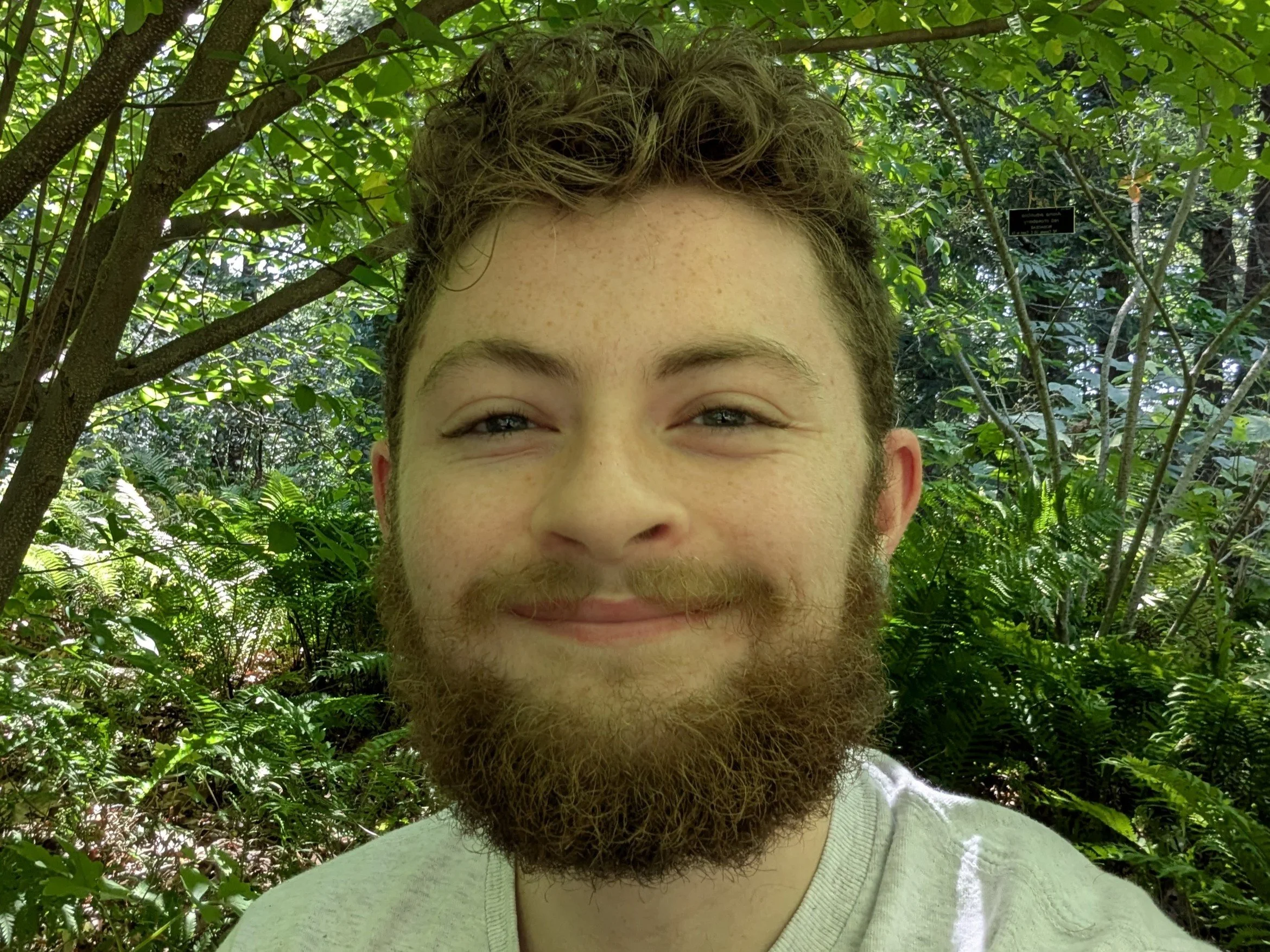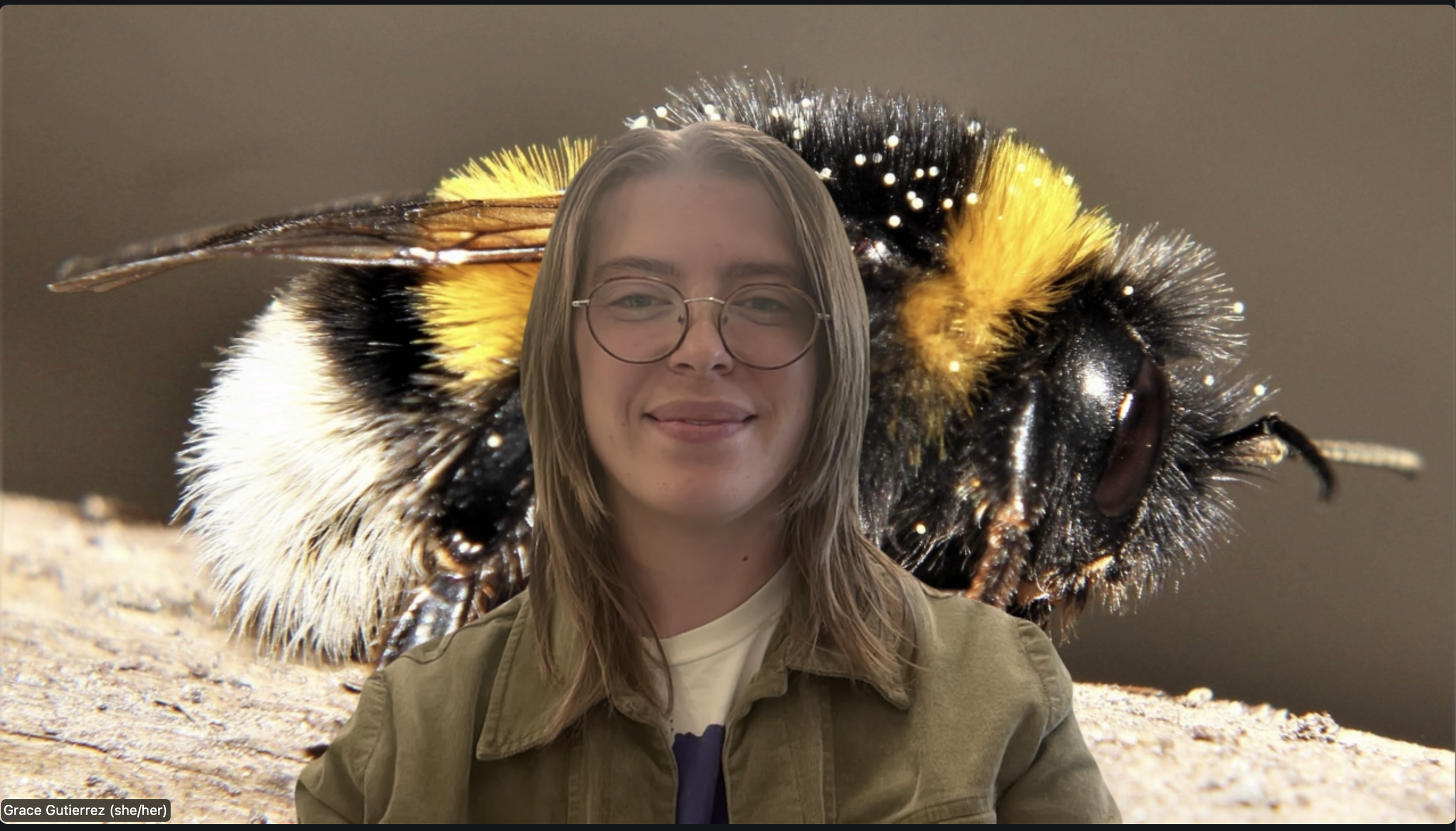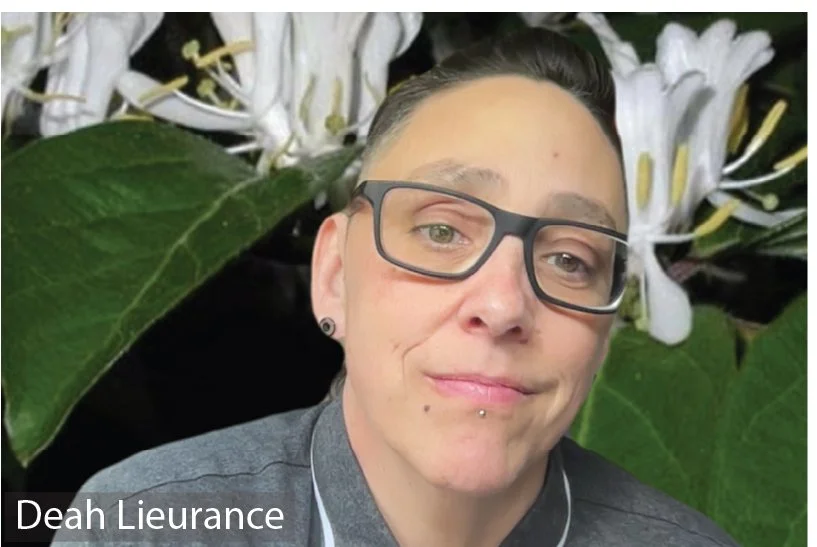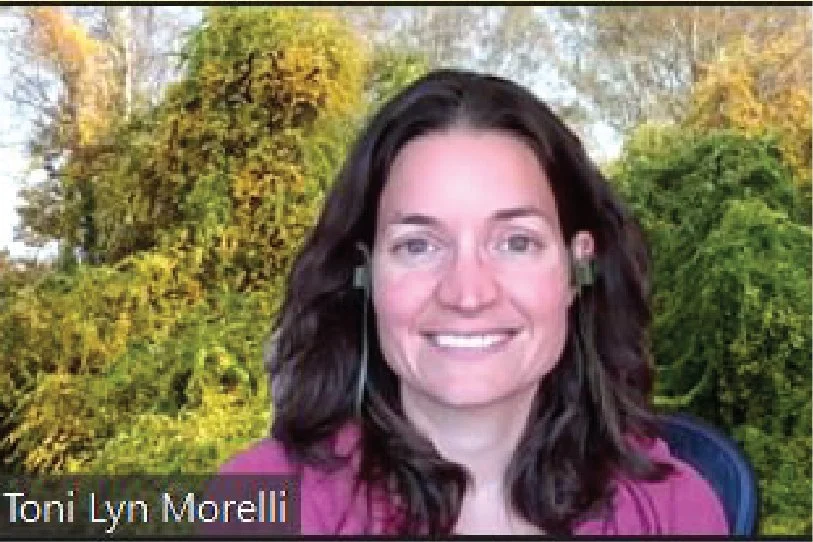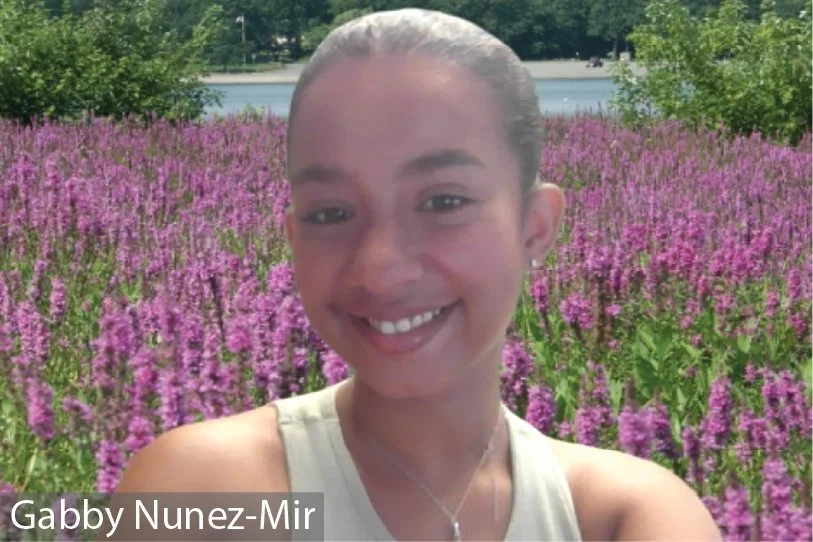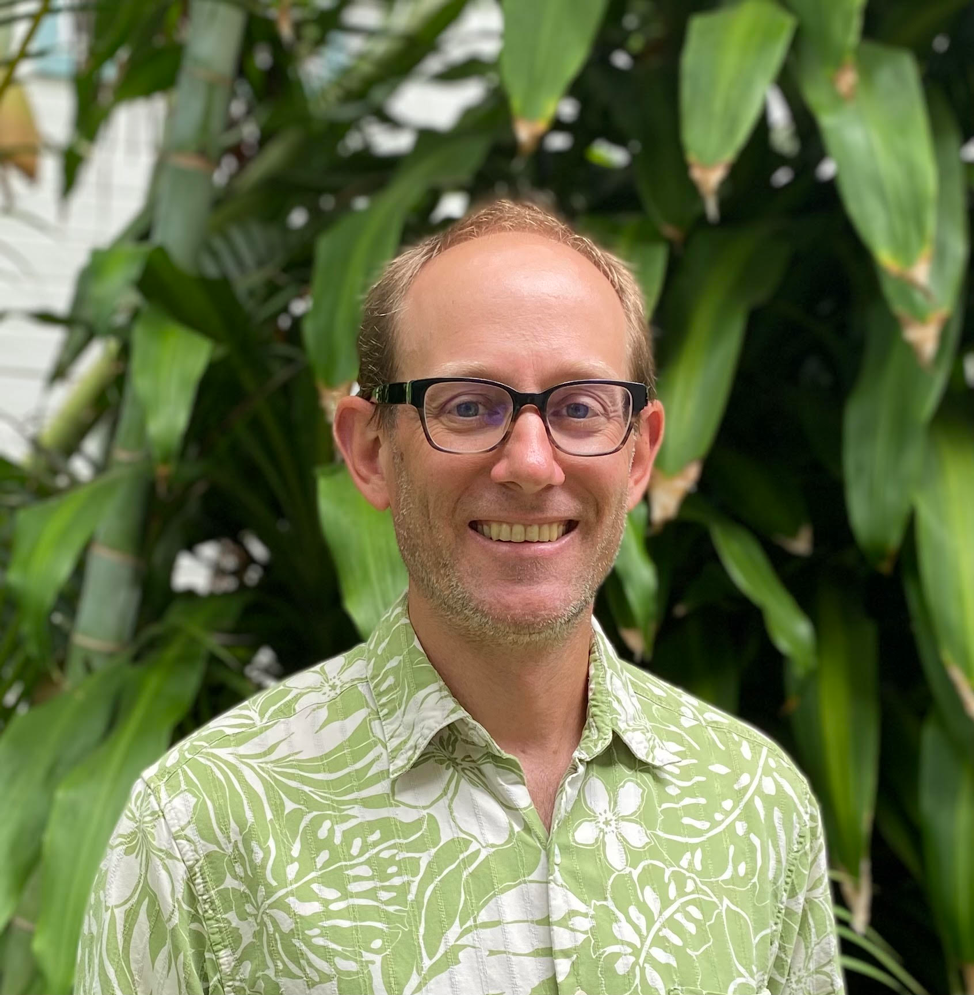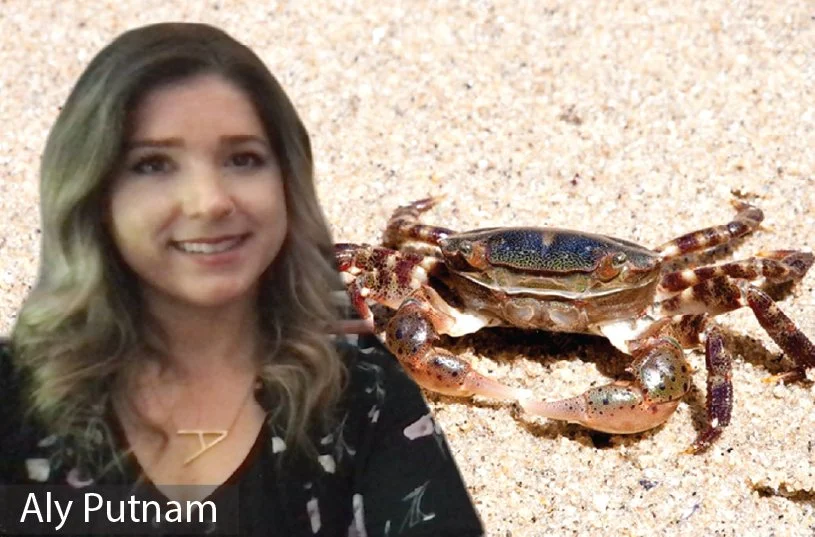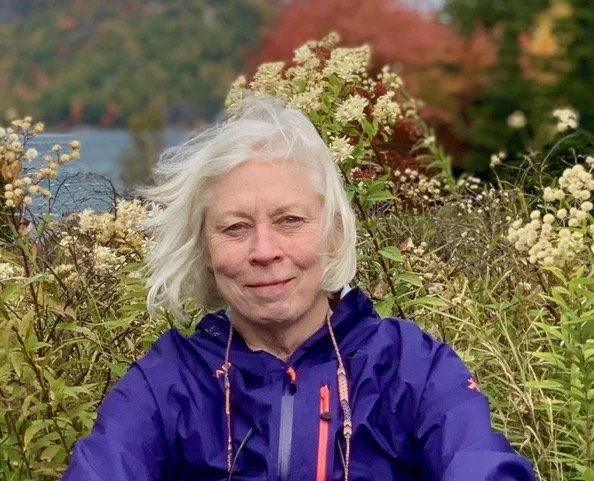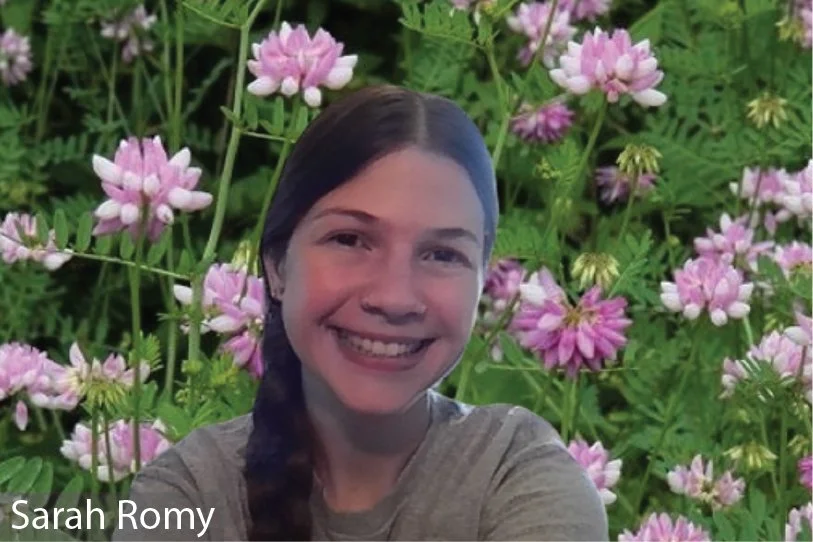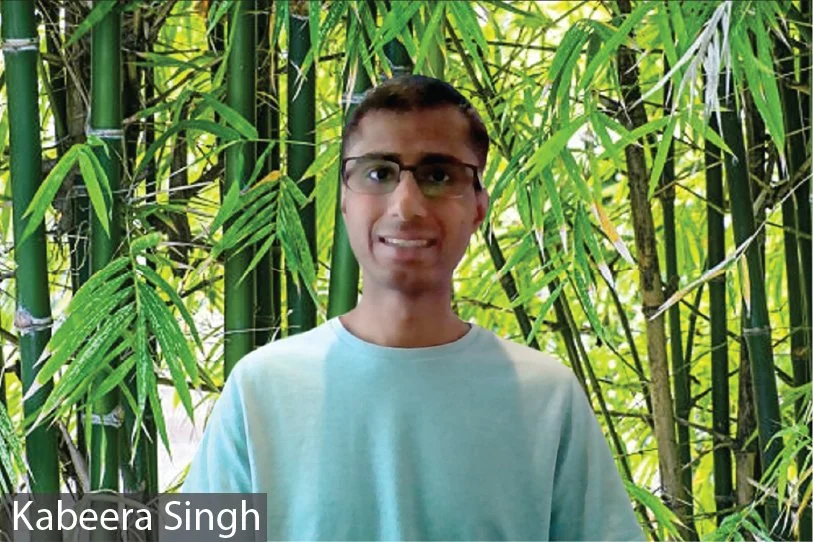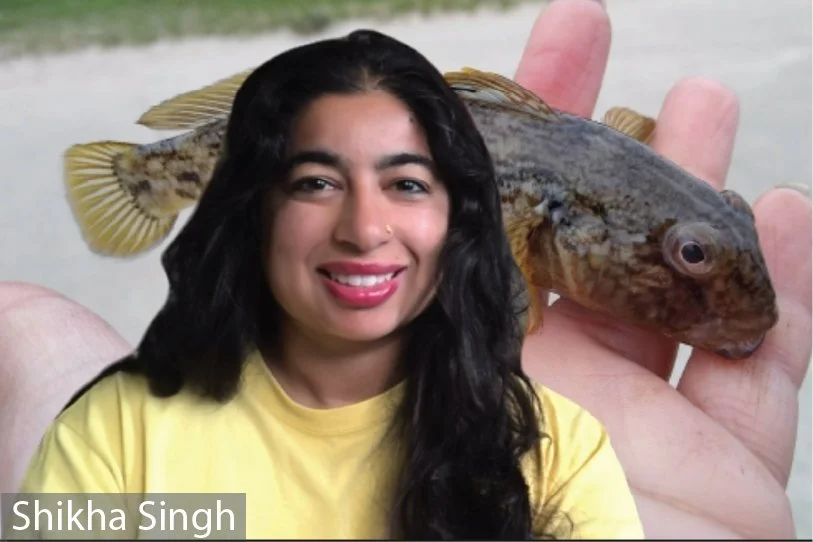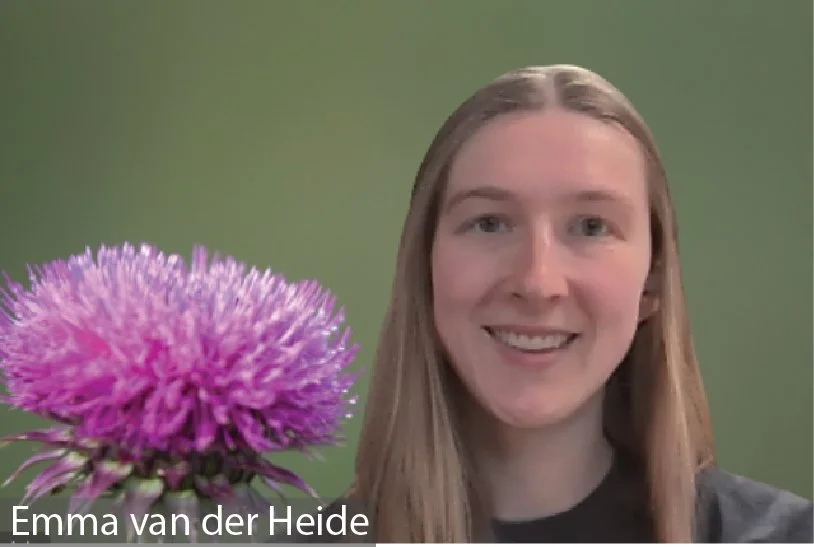RISCC Leadership Team
The Northeast RISCC Network was founded in 2016 in collaboration with the Northeast Climate Adaptation Science Center (NE CASC). Both organizations envision transforming the way that science is done by centering our work on relationship building. Relationship building, in turn, helps to build stronger connections between science and practice and ensure that RISCC contributes to actionable science. Our leadership team is made up largely of volunteers, who donate their time during weekly meetings to advance our mission. We are always looking for new members to join our leadership team - contact us to learn more!
Jenica Allen is a Senior Research Fellow at UMass Amherst and Director of NE RISCC. She studies the intersection of invasion ecology and data science in order to inform proactive invasive plant management.
Sofia Al-Shayeb is a Post-Baccalaureate Researcher and prospective graduate student at the University of Illinois at Chicago. Her research interests focus on the traits and spread habits of invasive plant species, as well as broader topics in ecosystem conservation and restoration ecology.
Evelyn Beaury is an Assistant Curator at the New York Botanical Garden. She studies the ecological impacts of global change, including the spread of invasive species.
Bethany Bradley is a Professor of Environmental Conservation at UMass Amherst and an expert in plant invasion ecology and biogeography. Her research uses spatial analysis and ‘big data’ to understand risk from invasive species, including their interactions with climate change.
Matt Brincka is an Invasive Species Biologist with New York State Parks and Historic Sites. He believes collaboration and strong partnerships are the foundation for developing feasible solutions to our most critical invasive species and climate change needs.
Carrie Brown-Lima is the Regional Administrator for the USGS’ Northeast Climate Adaptation Science Center. She is an expert in invasive species research and management and in building collaborations to address conservation challenges.
Dan Buonaiuto is an Assistant Professor at the University of Maryland. He is interested in how global change affects plant communities. His current research focuses on understanding how invader abundance influences patterns of biodiversity across multiple spatio-temporal scales.
Brian Colleran has worked on invasive flora problems across the United States, most recently in the wetlands and shorelines of New England, where he focuses his energies on invasive plant control through his company Ecological Land Management, LLC. He works with knotweed more than he would like to admit.
Justin Dalaba is an ORISE Fellow specializing in visual communications at the USGS’ Northeast Climate Adaptation Science Center.
Fitzwilliam Dettmer is a PhD student at UMass Amherst. He studies plant biogeography, focusing on differences in how invasive and non-invasive plant phenologies respond to changes in climate.
Annette Evans is an Assistant Professor of Biology at the University of St. Joseph. She is interested the eco-evolutionary cascades caused by the introduction or removal of invasive species from native communities.
Matt Fertakos is a PhD student at UMass Amherst. He studies invasive plants and biogeography, with a focus on how climate change will affect plant distributions.
Megan Geiger graduated from Antioch University with a degree in Environmental Science and is currently pursuing an MS in Conservation Biology. Her work focuses on marine science and ecological impacts of invasive marine organisms.
Grace Gutierrez is a PhD student at the University of Massachusetts Amherst. Her research focuses on how non-native pollinators spread in their novel environments and their effects on both the environment and the species they interact with.
Hallie Harriman is the Program Coordinator for the Invasive Species Collaborative (ISC) at Virginia Tech. She brings nearly ten years of natural resource management experience to the ISC and is now responsible for overseeing a diverse portfolio of programmatic, communicative, and administrative activities. And yes, river rats (nutria) are adorable.
Deah Lieurance is an Assistant Professor of Invasive Species Biology and Management at Penn State University where she works on invasive species prevention and risk assessment, chemical ecology of invasive plants, plant herbivore interactions, and the effects of climate change on invasive shrubs. She has a French bulldog named Vileaux and is obsessed with women’s soccer.
Caroline Marschner is an Extension Associate in the School of Integrated Plant Science at Cornell. She is focused on agrivoltaics and on agricultural weeds and climate change with the Weed Ecology and Management Lab.
Toni Lyn Morelli is a Research Ecologist with the US Geological Survey Northeast Climate Adaptation Science Center hosted by UMass Amherst. Her research uses lab, field, and modeling techniques, in a translational ecology framework to facilitate natural resource management and conservation in the face of global change.
Thomas Nuhfer is a PhD student at UMass Amherst. He studies plant biogeography and is currently working on risk assessment of range shifting native plants.
Gabriela Nunez-Mir is an Assistant Professor in the Department of Biological Sciences at the University of Illinois at Chicago. Her research leverages the increasing availability of large bodies of ecological and environmental data to investigate the dynamics of biological invasions and other subjects of conservation concern at the macroscale (i.e. regional to continental spatial scales).
Elliott Parsons is a Specialist with the Pacific Regional Invasive Species and Climate Change Management Network (Pacific RISCC), where he coordinates a broad network across the Pacific region and leads research projects, efforts to translate science into practice, and a monthly webinar series. He previously served as the Puʻuwaʻawaʻa Coordinator with the DLNR Division of Forestry and Wildlife, leading the Nāpuʻu Conservation Project and a team dedicated to dry-forest protection and restoration in North Kona, Hawaiʻi.
Ian Pfingsten is an aquatic plant ecologist with the U.S. Geological Survey (USGS) in Gainesville, FL. Along with aquatic wildlife ecologists, he maintains the Nonindigenous Aquatic Species database (nas.er.usgs.gov), which provides public maps and occurrence records of introduced aquatic plants and animals in the U.S., Puerto Rico, U.S. Virgin Islands, and Guam (and some of Canada). He has developed risk maps for aquatic species potentially moving by floods after major storms, and he is collaborating with partners on projecting future risk of freshwater invasive fish, plants, and invertebrates to the northeast due to climate change.
Aly Putnam is a Postdoctoral Researcher at UMass. Her research focuses on interactions between non-native marine species and climate change.
Isabella Ragonese is a postdoctoral researcher at the University of Massachusetts Amherst. Her current research focuses on whether plant provenance affects the suitability of flowering plants for pollinators under climate change.
Marion Rector is a Climate Change Professional (CC-P) and a Pennsylvania Master Naturalist. She works on urban forest naturalization and climate education in Philadelphia, PA.
Alanna Richman is a PhD student in Ecology at Penn State University in the Lieurance Invasion Ecology Lab. Her research focuses on the secondary spread of invasive forest insects with a focus on management applications and climate change. She has a cat named Aurora (named after the singer, not the Disney princess!) and enjoys traveling, hiking, and drawing.
Sarah Romy is a PhD student at the University of Illinois Chicago. She studies biological invasions from a macroscale perspective.
Kabeera Singh is a graduate of University of Massachusetts Amherst. His work focuses on creating AI tools to help people set up native plant gardens.
Shikha Singh is an Invasive Species Biologist at the Jackson Lenawee Washtenaw Cooperative Invasive Species Management Area (JLW CISMA) in Michigan. In addition to monitoring and management, she leads training workshops and performs outreach.
Emma van der Heide is a PhD student at Penn State. She studies the response of invasive thistles to disturbance, with a focus on their long-term response to early-life stress.

